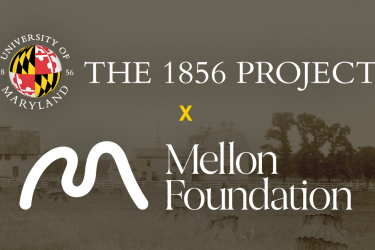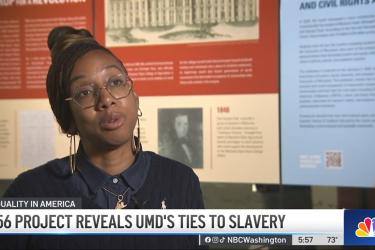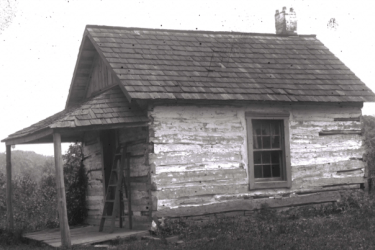Charlie Dory and kitchen staff, Maryland Agricultural College, c. 1912, Maryland Agricultural College collection, Accession #72-219, Box 3, https://hdl.handle.net/1903.1/5878 // (left to right: Bill Dory; Ferdinand Hughes; Spencer Dory; Charlie Dory). Learn more about the Dory Family here.
The 1856 Project
Universities Studying Slavery at the University of Maryland
The history of slavery is inextricably linked to the story of America and to the history of the University of Maryland. The 1856 Project aims to investigate UMD's connections to slavery in order to provide a blueprint for a richer understanding of generations of racialized trauma rooted in the university.
The 1856 Project is part of the Universities Studying Slavery consortium, a multi-institutional collaboration focused on sharing best practices and guiding principles for embarking on truth-telling projects that address human bondage and racism in institutional histories.
As an important part of the University of Maryland's strategic commitments, The 1856 Project provides a narrative of the university's history that embraces its past, stands firm in the challenges and achievements of its present, and lays the groundwork for a more equitable future.
The Dory Family & the University of Maryland
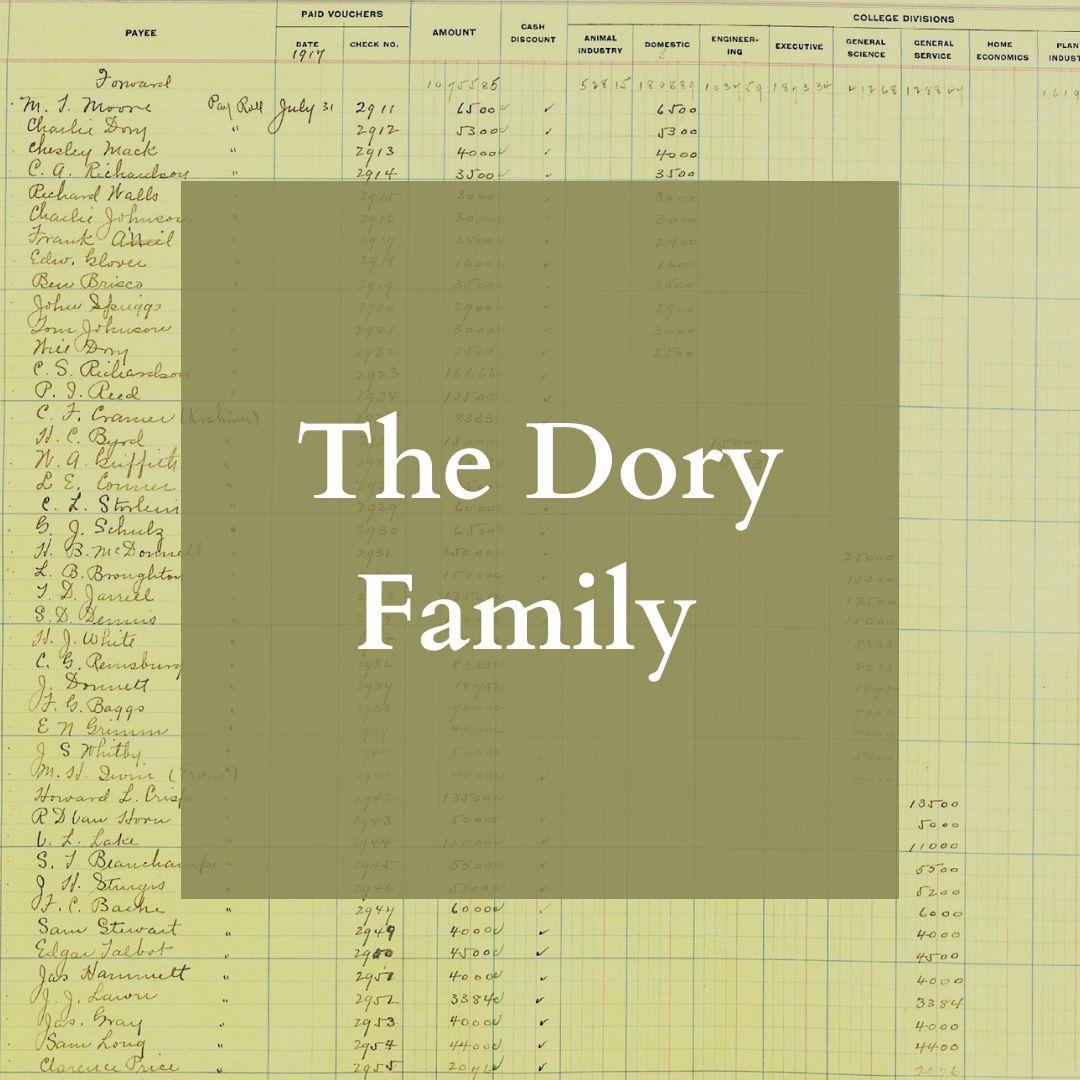
In 1893, John F. “Frank” Dory of the Lakeland community of College Park, MD set foot on the Maryland Agricultural College campus and began a long legacy of food service to the campus that has extended almost as long as the university itself.
Learn more about the Dory family's legacy at the University of Maryland
Updates & Events
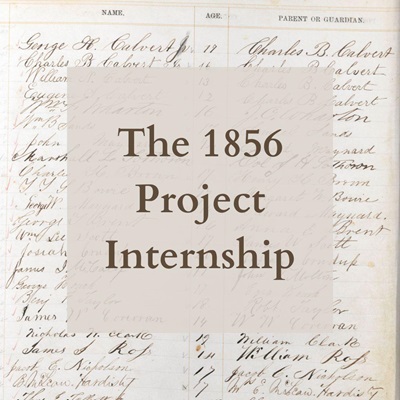
The 1856 Project Internship
The inaugural 1856 Project interns will work with primary and secondary sources to discover direct connections between the Maryland Agricultural College Board of Trustees, Charles B. Calvert (one of the founders of MAC), and the families who attended the MAC starting in 1859 and their relationship to the slave economy and how those vestiges not only influenced the establishment of the college but the creation of College Park and its historically Black surrounding communities.
Meet our interns, James Cho and Holland Schmitz!
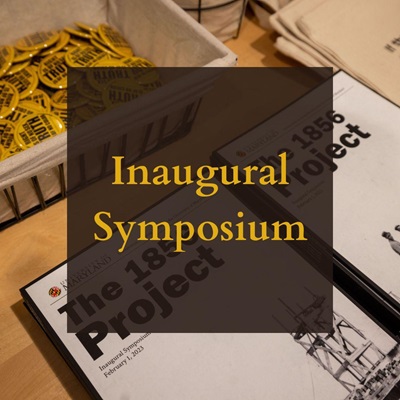
The 1856 Project Inaugural Symposium
The inaugural symposium consisted of four sessions, with the welcome and opening remarks by President Darryll J. Pines, the keynote presentation by Mary Elliott, Museum Specialist, National Museum of African American History and Culture, and the closing remarks by Dr. Jennifer King Rice, Senior Vice President and Provost at the University of Maryland. Close to a total of 400 guests attended the symposium including undergraduate and graduate students, faculty, staff, senior administrators, alumni and local community partners and scholars. Explore each session here.
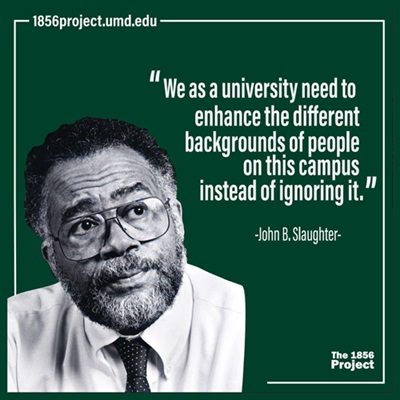
Get involved with The 1856 Project by becoming a member of one of our various committees, including Communications, Memorialization, Research Investigation, and others. Join The 1856 Project to help us move fearlessly forward in telling the complete story of the University of Maryland.
You can also support our efforts by donating to The 1856 Project Fund, which provides support to the mission of The 1856 Project, UMD's chapter of Universities Studying Slavery, to build an inclusive university community by enhancing the collective understanding of the Black experience at the university and surrounding communities.
